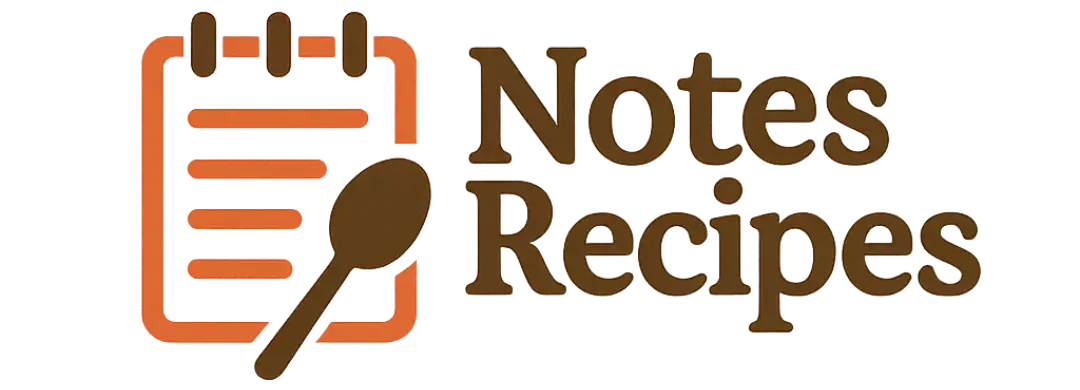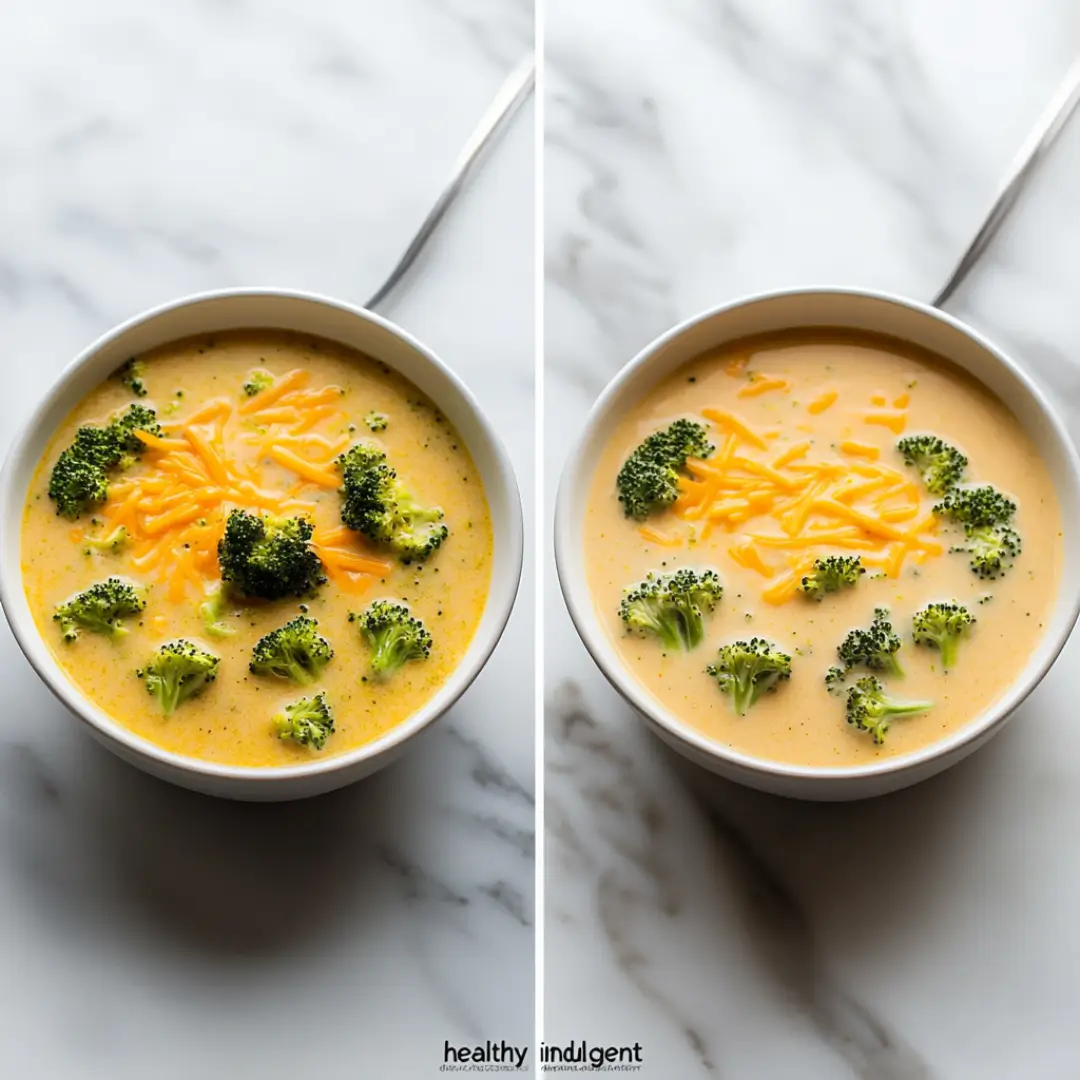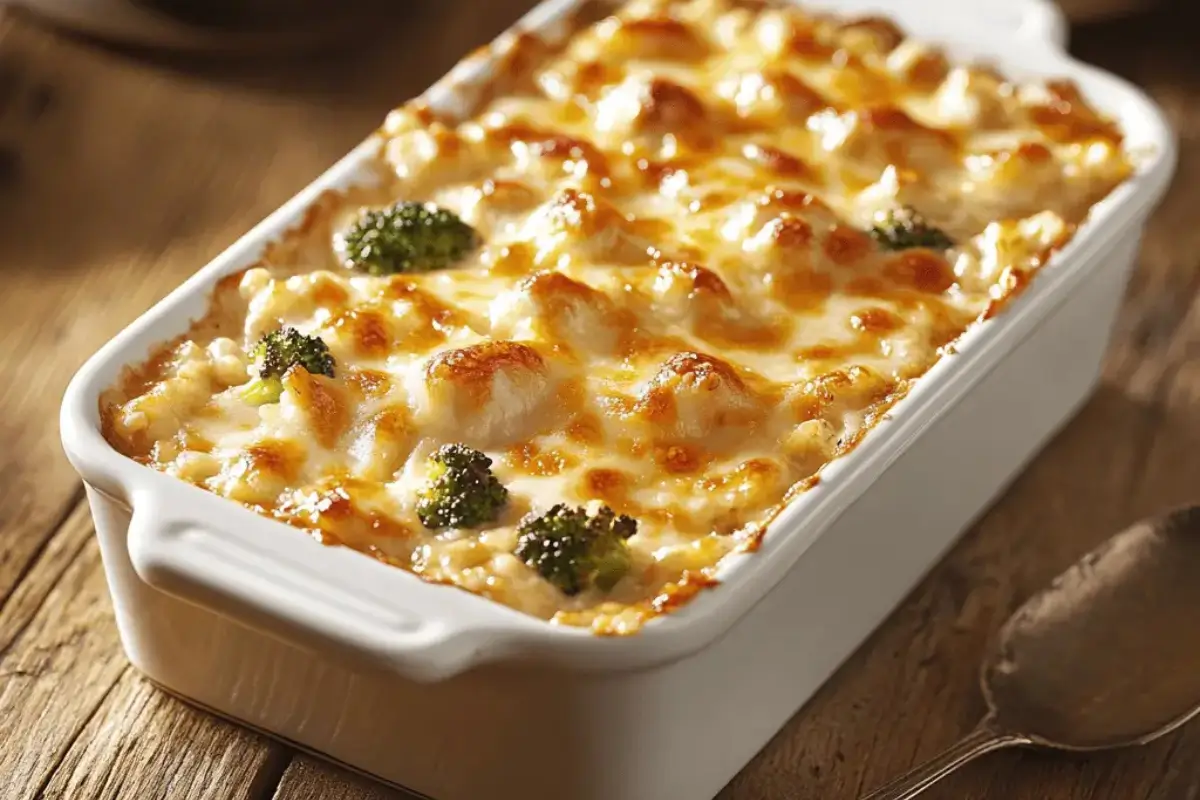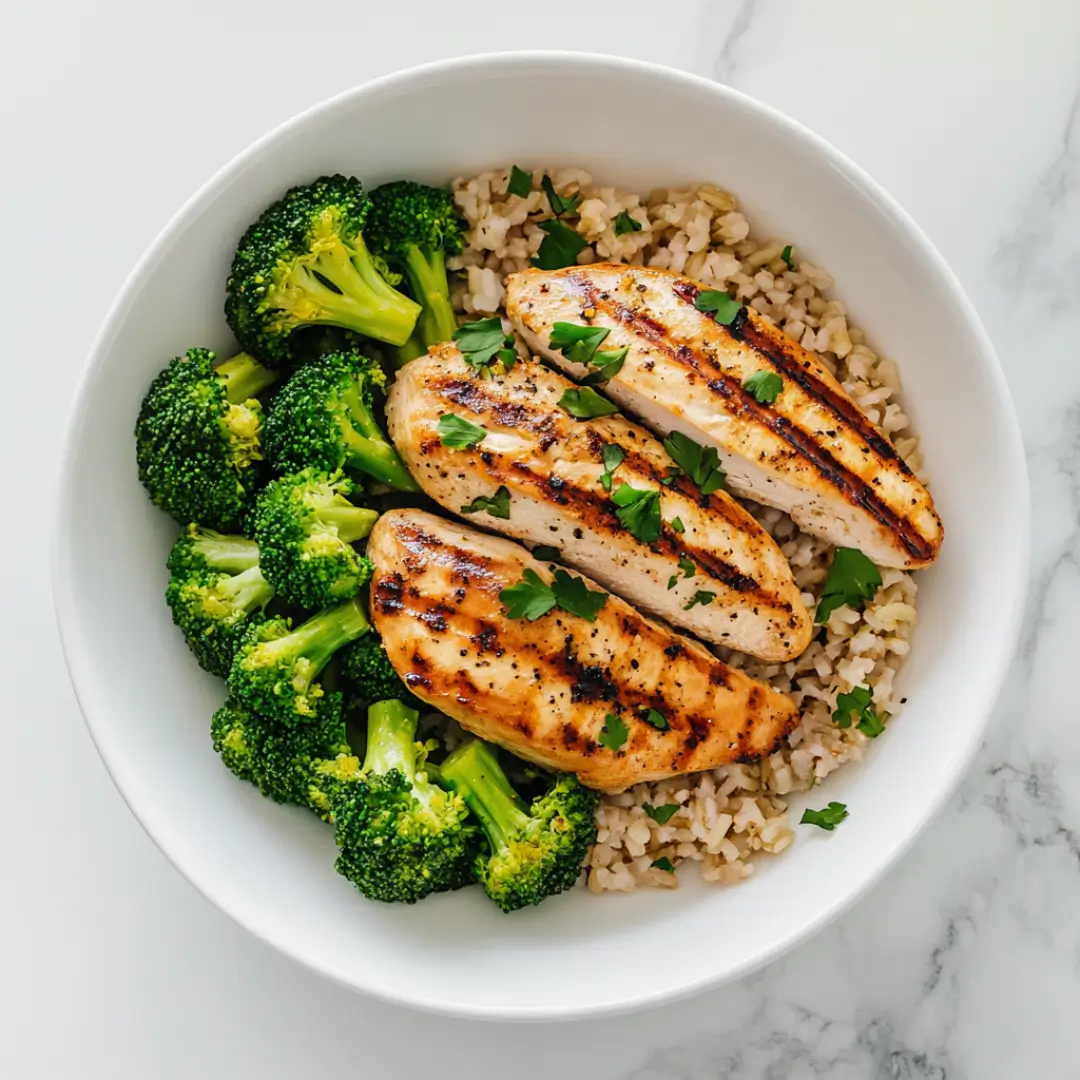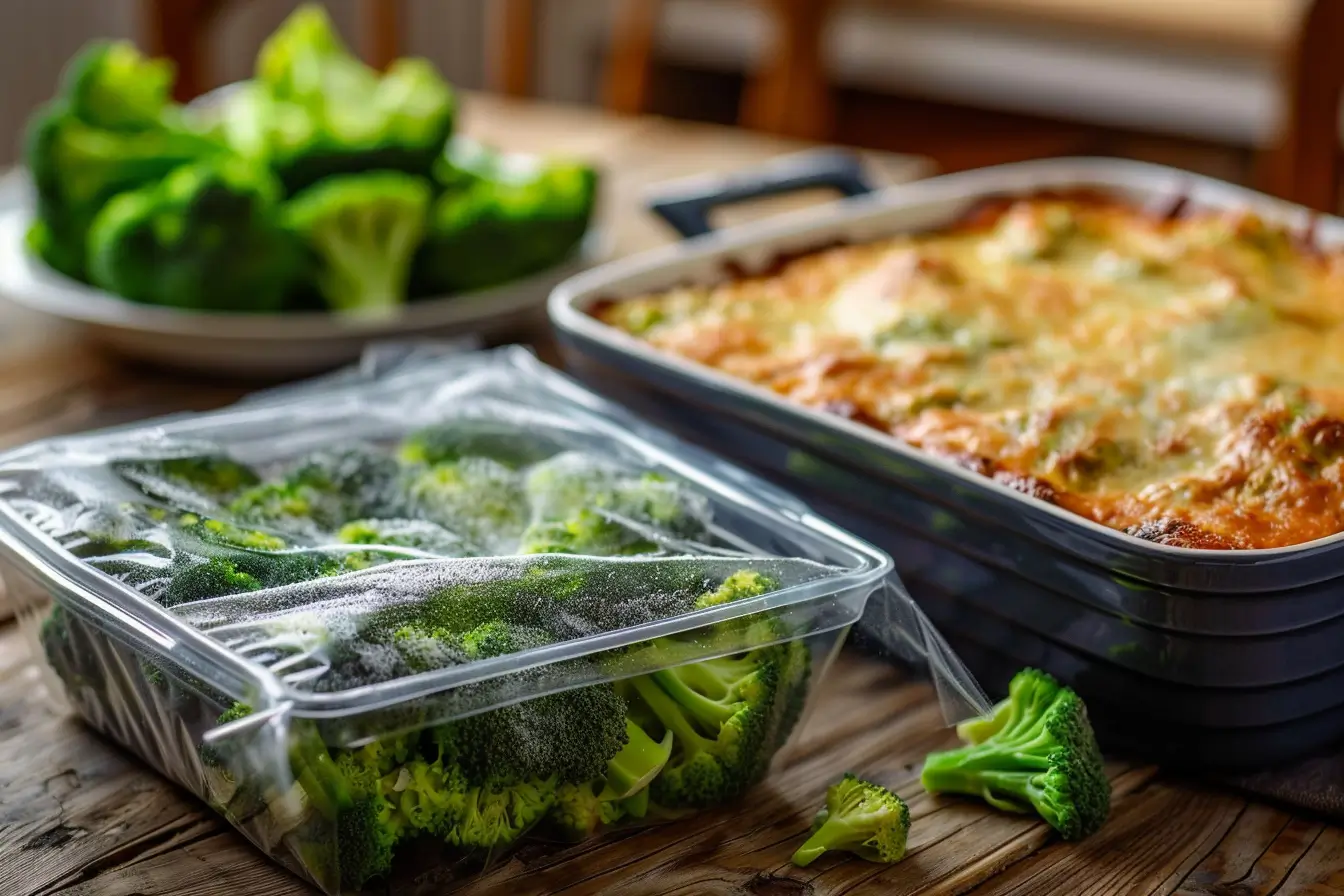Is broccoli cheddar soup good or bad for you? Honestly, I used to ask myself that same question every time Mama Lou ladled a steaming bowl of creamy goodness onto my plate. It tasted too heavenly to be healthy, but the little green broccoli florets gave me a glimmer of hope. Let’s clear the air today—here’s the truth about everyone’s favorite cozy soup.
Growing up, broccoli cheddar soup was a comfort staple in our kitchen. Every winter, when the weather turned chilly, Mama Lou and Ouma would team up to simmer this classic. Their laughter filled the kitchen while the aroma of creamy cheddar melted into sautéed broccoli made the whole house warm. But here’s the thing—delicious doesn’t always equal nutritious. Let’s break it down together.
Table of Contents
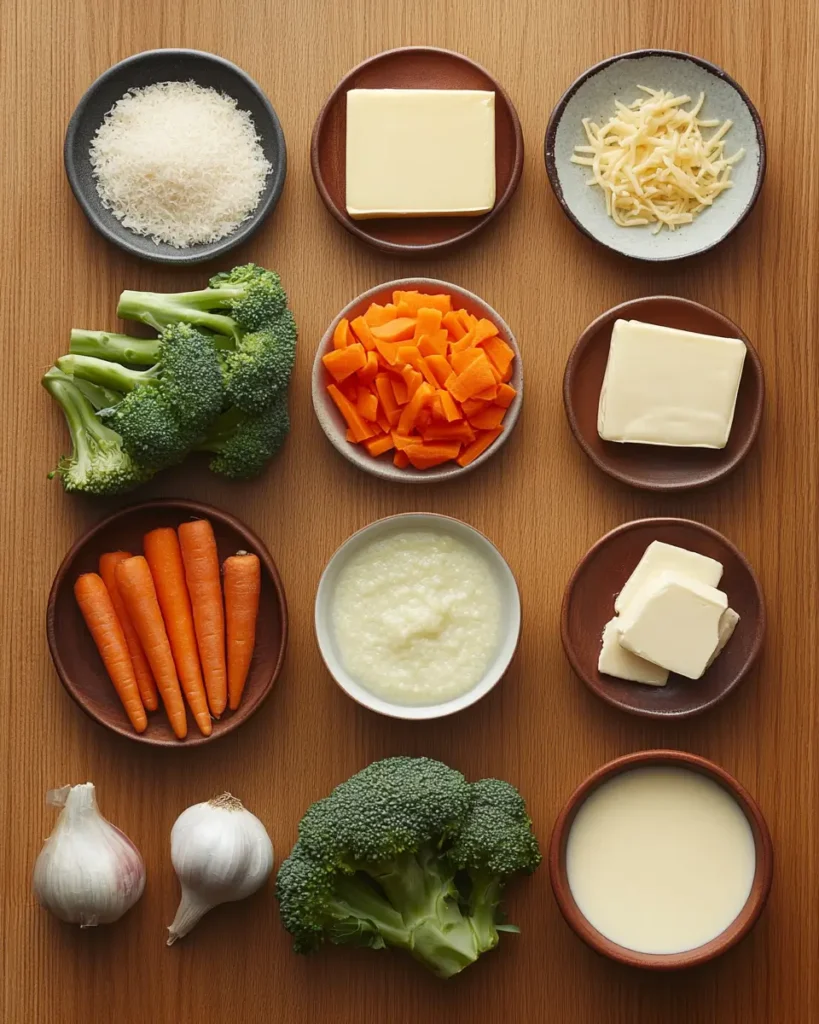
The Good Stuff About Broccoli Cheddar Soup
First things first, there’s plenty to love here. It isn’t all creamy indulgence—there’s actual nutritional goodness in there too. Here’s a quick rundown of the positives:
Broccoli Power
We can’t ignore the star ingredient: broccoli. This green veggie isn’t just a splash of color—it packs a serious nutritional punch. Broccoli is loaded with vitamins C and K, fiber, antioxidants, and even some calcium. Mama Lou always insisted that broccoli made the soup healthy, and honestly, she wasn’t entirely wrong.
- Vitamin C: Boosts your immune system and helps skin glow.
- Fiber: Keeps digestion smooth and your belly happy.
- Antioxidants: Helps fight inflammation and cell damage.
Cheese—It’s Not All Bad News
Yes, cheese is high in calories and fat, but hear me out. Real cheddar cheese contains protein and calcium. Ouma always said cheese made us strong, and though she might’ve exaggerated slightly, cheddar genuinely contributes some important nutrients.
- Calcium: Strengthens bones and teeth.
- Protein: Keeps you feeling full and satisfied.
Of course, moderation is key here—too much cheese (painfully, I admit) isn’t the best strategy.
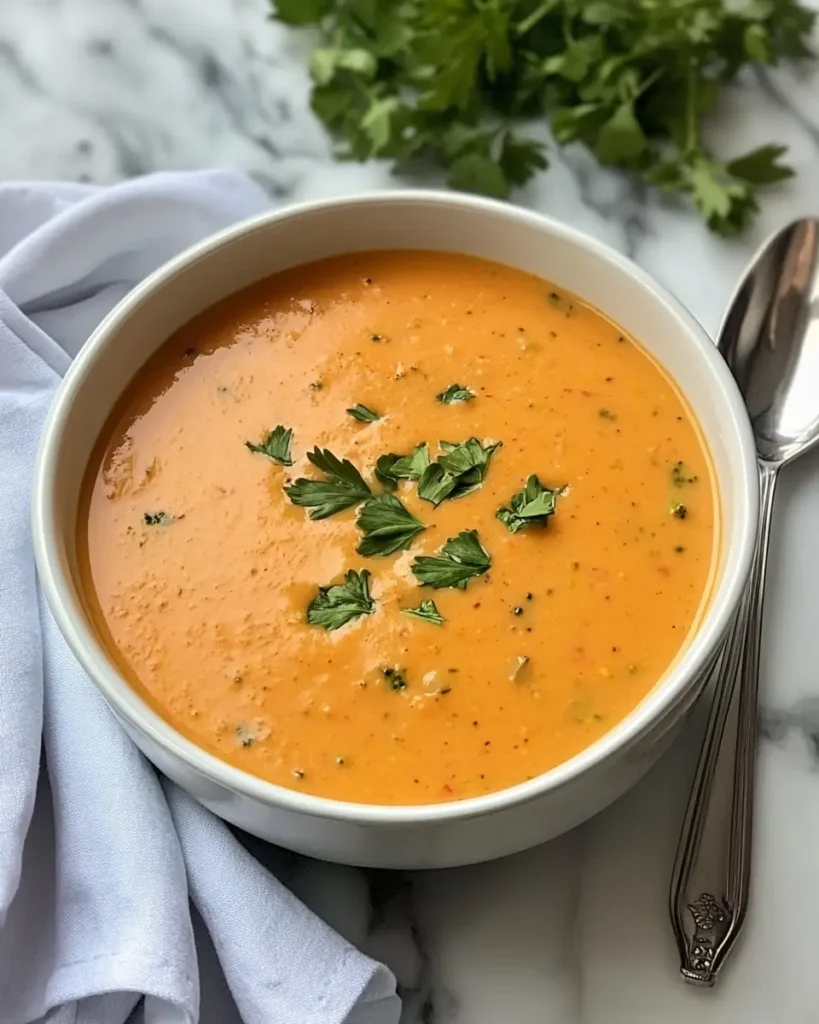
Now for the Not-So-Good News
Okay, let’s talk reality. As comforting as broccoli cheddar soup is, there are definitely a few nutritional drawbacks.
Calorie Overload
Broccoli cheddar soup can quickly become calorie-heavy. Thanks to cream, butter, and cheese, one serving might easily pack in 300–500 calories. It’s delicious, yes—but a calorie-conscious choice? Maybe not your daily go-to.
Fat Content Alert
All that cheese and cream translates into higher fat levels, specifically saturated fats. While occasional indulgence is fine, regularly consuming high-fat soups could impact your heart health. Ouma used to tease Mama Lou that a bowl was worth an extra walk around the neighborhood.
Sodium Sneak Attack
One thing many people overlook is sodium content. Canned or restaurant-made broccoli cheddar soup can be alarmingly salty, putting a strain on blood pressure. Even homemade versions can creep up in sodium, especially if you’re heavy-handed with the cheese or store-bought broth.
How to Enjoy Broccoli Cheddar Soup Without Guilt
Here’s my honest take: you don’t have to banish broccoli cheddar soup from your life. Just make a few smarter tweaks.
Lighten Up the Cream
Swapping heavy cream for half & half or whole milk significantly reduces fat and calories. My family barely notices the difference, and your waistline will thank you later.
Boost the Broccoli
Add extra broccoli for fiber and nutrients. It thickens the soup naturally, too. Mama Lou would sneak in extra veggies, claiming it was her secret recipe—and honestly, we never minded.
Cut the Salt
Use low-sodium broth or homemade stock, and opt for freshly grated cheese. Pre-shredded cheeses often hide extra sodium and additives.
Portion Control
Balance your meal by pairing soup with fresh salad or whole-grain bread. Smaller portions mean fewer calories without sacrificing your comfort-food fix.
My Honest Verdict: Balance is Everything
So, is broccoli cheddar soup good or bad for you? It depends entirely on how you prepare and enjoy it. Like many comfort foods, moderation is your friend here. Mama Lou always reminded us, “Food nourishes the body, but enjoying it nourishes the soul.”
If broccoli cheddar soup brings joy, warmth, and comfort, don’t eliminate it—just tweak the recipe to fit your lifestyle. I personally enjoy a richer version occasionally, especially when sharing with family, because those moments are priceless.
Quick Recap: Broccoli Cheddar Soup Pros and Cons
- Pros:
- Rich in vitamins, especially vitamin C and K.
- Contains calcium and protein from cheese.
- Delicious and comforting (mental health counts, too!).
- Cons:
- High calories, fat, and sodium if made traditionally.
- Not ideal for regular consumption if calorie-conscious.
Final Thoughts
Food should be joyful—not stressful. Enjoying broccoli cheddar soup responsibly is entirely possible and recommended. Life’s short, and some comforts are simply worth the extra calories.
If you’ve been hesitant about this creamy soup, give it another shot with these tips. Balance, moderation, and a little creativity in the kitchen go a long way.
So, go ahead and enjoy your next bowl—just maybe consider that extra walk Ouma always suggested. Your heart (and taste buds) will thank you.
